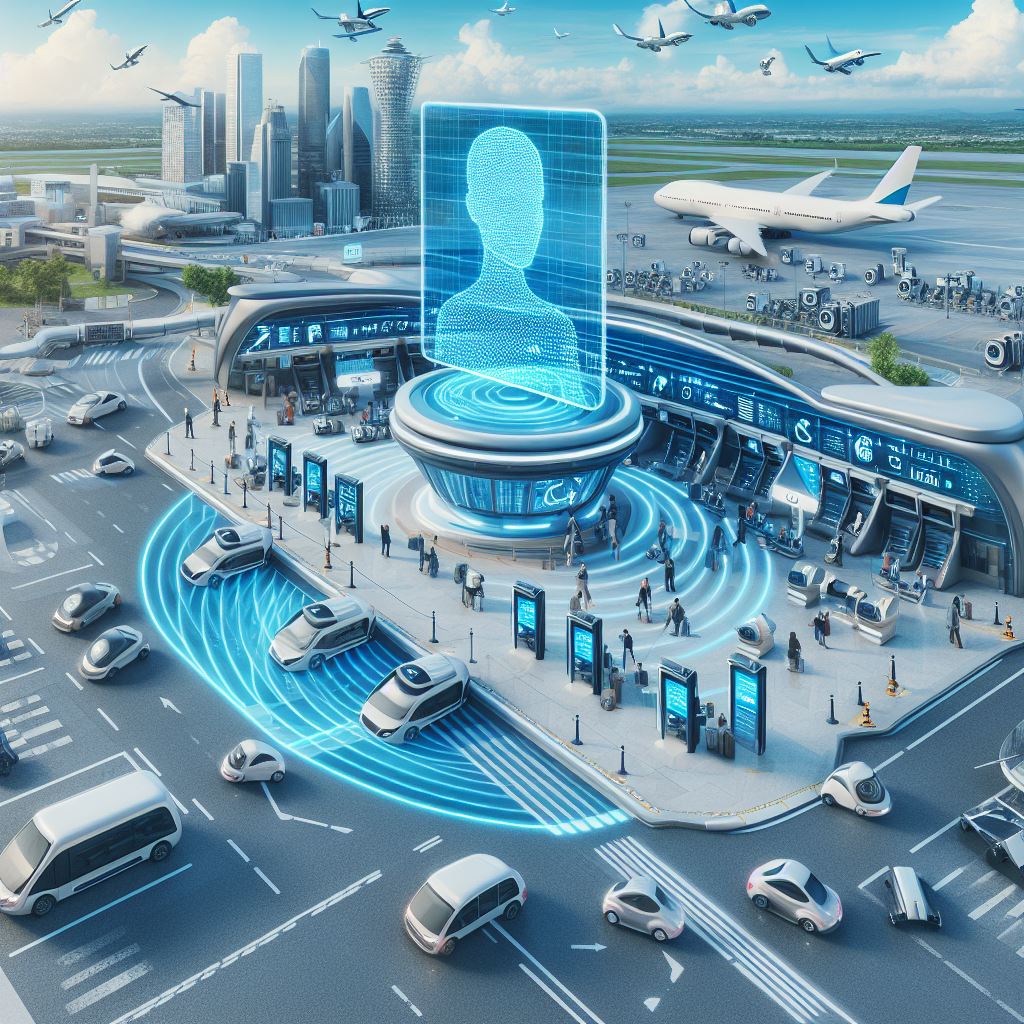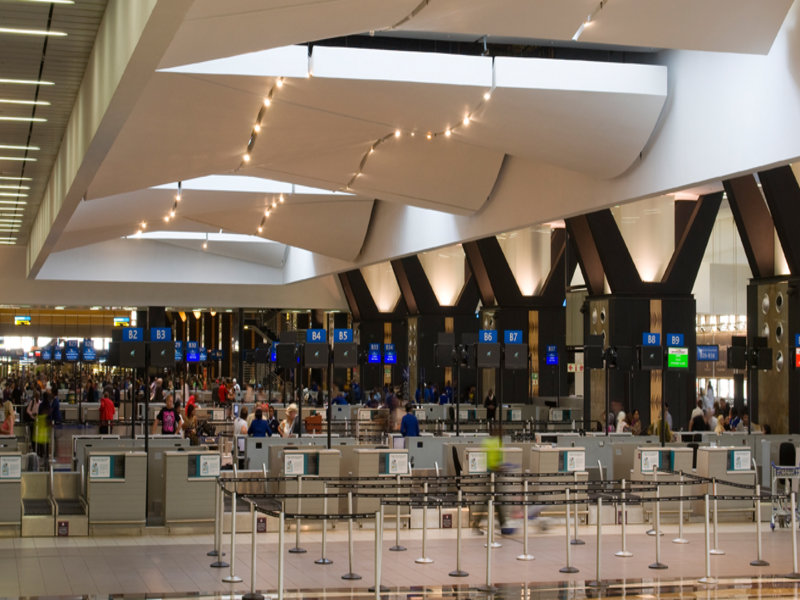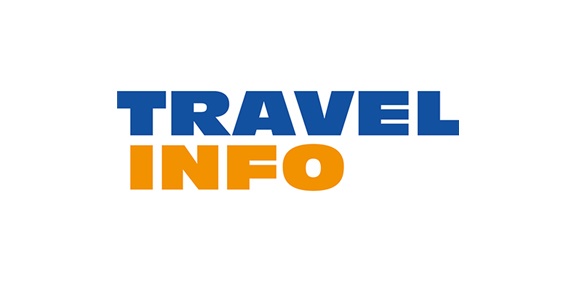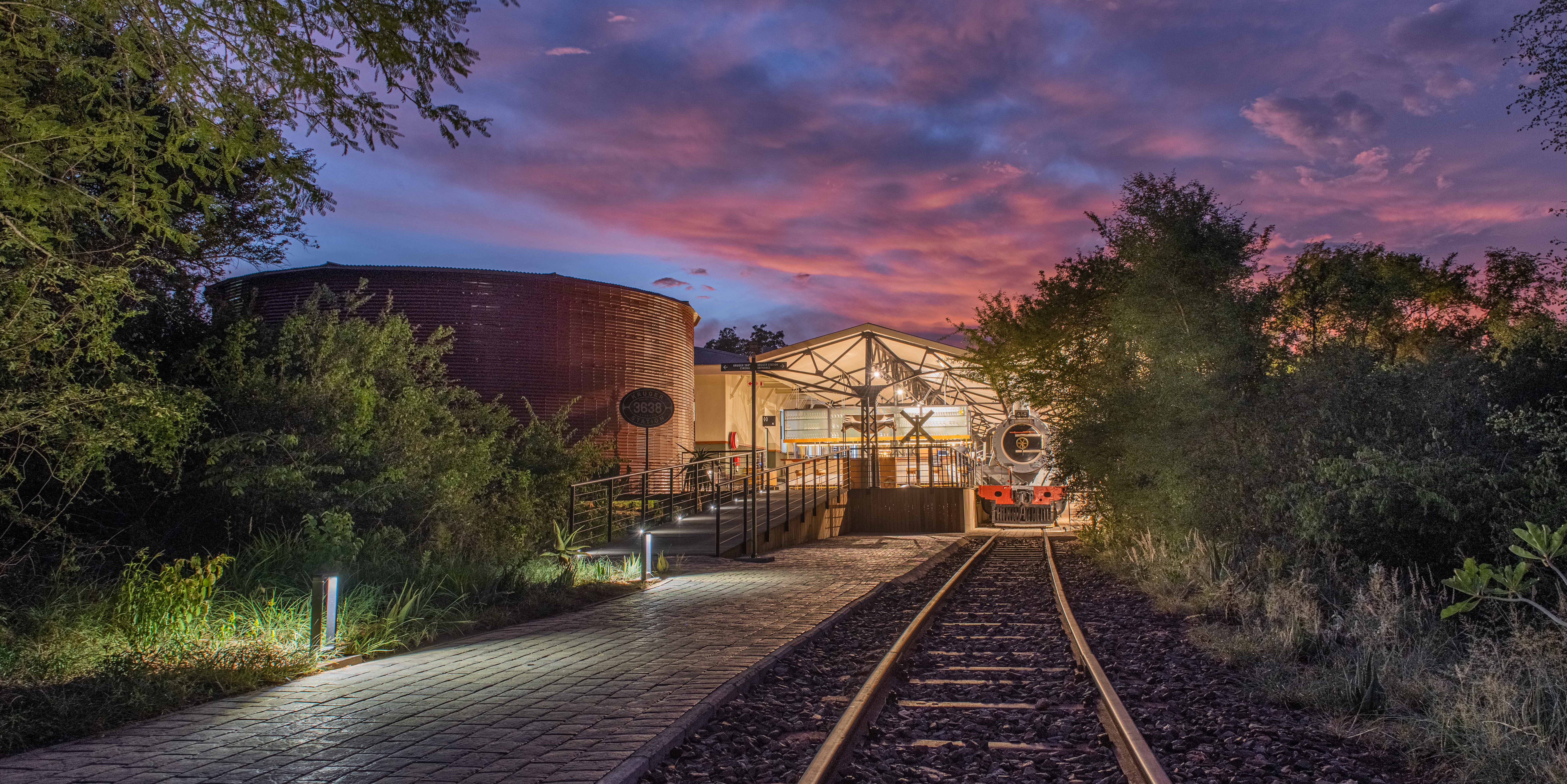A compelling case was made for decarbonisation and, ultimately, decreased operational costs in the transport fleet industry by investing in quality low-rolling resistance tyres by road freight executive Nicci Scott Anderson.
Speaking at Michelin's launch of a Total Cost of Ownership (TCO) guide, the CEO of the Commercial Transport Academy and Safer Stops initiative lauded the tyre manufacturers focus shift from cost per kilometre (CPK) to the more holistic approach of TCO.
She said TCO was nothing new as transporters had been looking at collective cost for years.
The devil, though, always lurks in the detail.
Total cost of ownership is misunderstood because we take these hard costs that we can calculate every month, but we struggle to factor in the variables.
And its in the variables that we are winning or losing because the margins are so tight in the transport sector.
In a tough economy, it often results in fleet owners not recognising the long-term wins of lower-resistance tyres that, although usually more expensive, save on fuel costs in the long run.
Scott Anderson said she knows of at least one large fleet operator that rolled out low-resistance tyres and saved 8-10% on fuel consumption.
She added that what was important was that they used the correct tyre inflation and wheel alignment.
Doing these things together, we can achieve exactly what Michelin is talking about.
Scott Anderson emphasised that practical decarbonisation efforts within South Africas limited grasp deserved to be taken seriously, especially considering that a truck on a roundtrip from Johannesburg to Durban could burn as much as 1450 kilograms of fuel.
Although going the electric vehicle (EV) route is the case in many developed countries, a fuel-free scenario is simply not a local reality at this stage.
In South Africa, electric vehicles are still a major challenge because, on top of the purchase price, we still have a 20% levy that is imposed, making it impossible at this point to run an EV fleet economically.
Sign up to our mailing list and get daily news headlines and weekly features directly to your inbox free. Subscribe to receive print copies of Freight News Features to your door.











